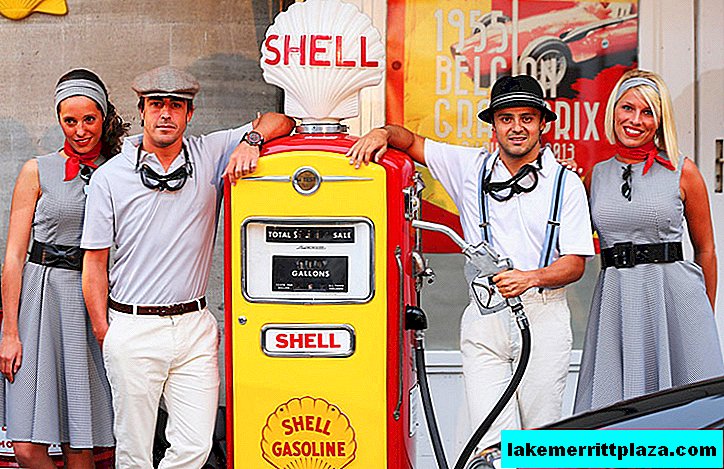A couple of days ago, in the capital of Italy, the famous robber of the Trevi Roman Fountain died, who stole a trifle from a local landmark with impunity for more than thirty years. Roberto Chercheletta, nicknamed D'Artagnan due to the high boots in which he "went to work", died at the age of 62, most of which he devoted to his favorite pastime - extracting coins thrown by tourists into one of the most famous fountains in the world.

According to Italian media, Chercheletta began his “career” in 1988, and has since become quite famous. Almost every day for 34 years, a public disorder came to the fountain at night with a huge magnet attracting coins left by numerous tourists hoping to return to the capital of Italy. The whole "procedure" took Chercelett only fifteen minutes, sometimes bringing him record amounts of money: sometimes a robbery lover took with him more than a thousand euros.

As for romantic tourists who shower silver on a local attraction, they don’t even think about where their money goes. It was believed that their Trevi coins were spent exclusively for charitable purposes, however, as it later became clear that money from the fountain for selfless needs was withdrawn once a week, while Chercheletta visited for money much more often.

Surprisingly, for decades, the local authorities did not realize that someone was taking advantage of the “profitable place”. The poor were "handed over" to the authorities by journalists who seasoned the whole story with some details, which caused a scandal.
In 2002, the local D'Artagnan was arrested for his egregious atrocities, but the trial of the disabled person, who probably extracted a fortune from the fountain, ended with his acquittal. However, the jury ruled that Chercheletta was supposed to pay about 500 euros, but the local celebrity simply ignored the decision of the authorities.

During the lawsuit, the thief claimed that he gave the money obtained from Trevi to the needy. He also stated that if not for him, then someone else would have been carrying coins from the fountain without any twinges of conscience.
D'Artagnan had a difficult relationship with the city’s authorities back in the late 90s, when a law was passed in Rome prohibiting crawling into fountains. The indignant robber insisted that the city hall, which passed the law, pay a monthly allowance, which would amount to the amount of his monthly “catch”.

After his demand was not satisfied, Chercheletta persuaded the city authorities to appoint him the main "coin extractor" of the city, or to get him to work in those very charitable organizations that he had quite successfully robbed for several decades.

Until his death, Chercheletta declared and defiantly ignored the government’s ban on climbing into city fountains. So, six months ago, he returned to the scene of the crime in order to express his protest.








